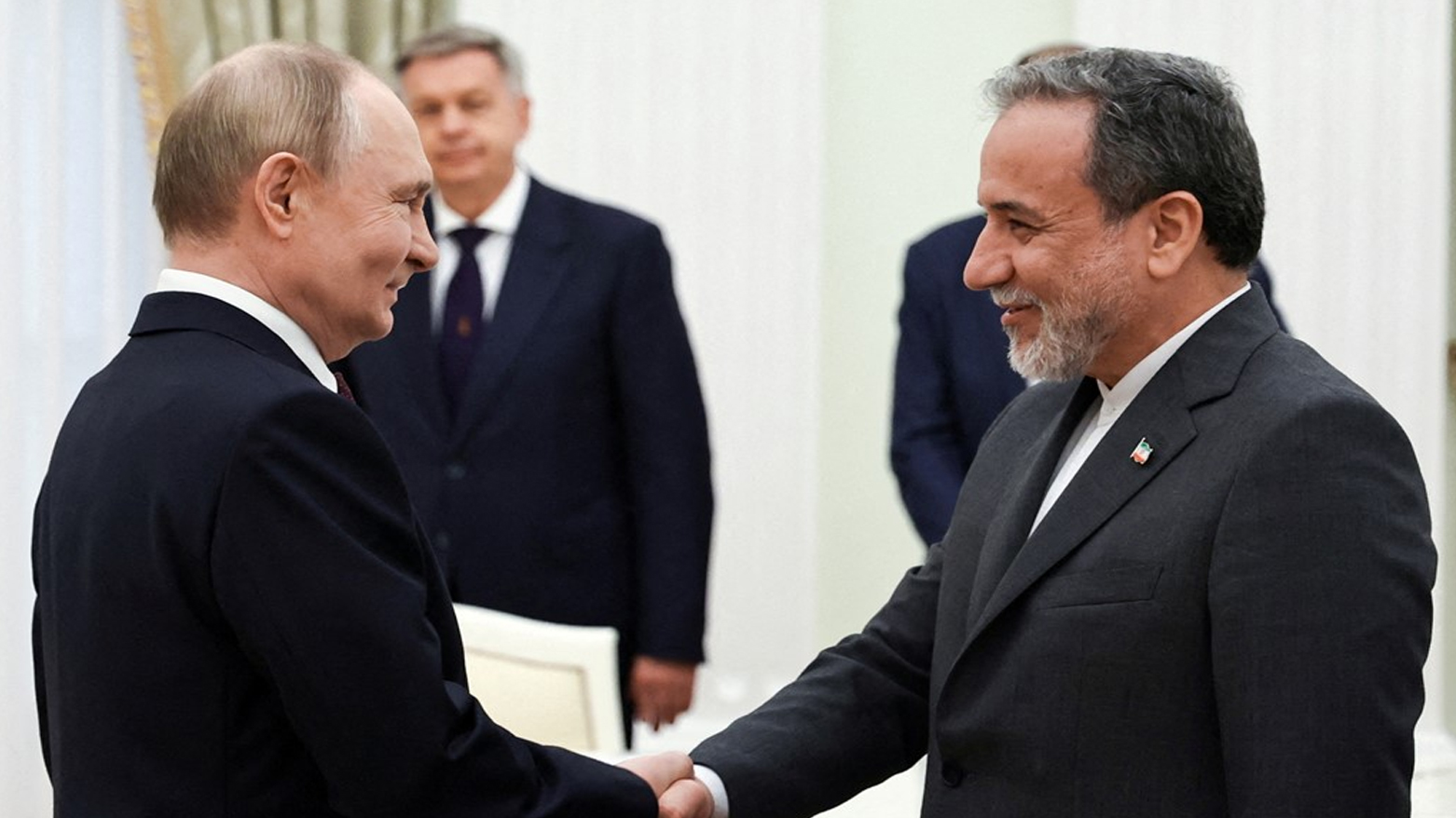Russia Denies Report Claiming Putin Urged Iran to Accept U.S. Deal Banning Uranium Enrichment
Russia denies Putin urged Iran to accept US nuclear terms, dismissing reports as "political slander." Amid escalating tensions, Moscow reaffirms support for Iran's peaceful nuclear rights while Western suspicions grow over Tehran's uranium enrichment activities.

By Ahora Qadi
ERBIL (Kurdistan24) – The Russian Foreign Ministry on Sunday strongly denied a report alleging that President Vladimir Putin had encouraged Iran to accept a U.S.-proposed nuclear agreement that would prohibit Tehran from enriching uranium. Moscow dismissed the claim as a politically motivated fabrication aimed at inflaming tensions around Iran’s nuclear program.
The denial came in response to a report by U.S.-based outlet Axios, which, citing sources close to the matter, claimed that Putin had pushed Iran to agree to a deal that aligns with Washington’s goal of curbing Tehran’s nuclear capabilities.
In a statement issued Sunday, the Russian Foreign Ministry refuted the report, calling it “yet another campaign of political slander aimed at exacerbating the situation surrounding Iran’s nuclear file.” The ministry affirmed that Russia’s position on the issue “has long been well-known.”
Diplomatic Path Advocated by Moscow
The Russian statement underscored that Moscow has consistently advocated for resolving the Iranian nuclear issue through “exclusively political and diplomatic means,” adding that Russia remains ready to help find “mutually acceptable solutions.”
Despite its criticism of the report, Russia stopped short of directly addressing whether such a proposal had been discussed during recent diplomatic engagements.
Russia-Iran Cooperation and Western Concerns
Since launching its full-scale invasion of Ukraine in 2022, Russia has strengthened its strategic partnership with Iran. Yet this deepening relationship has drawn scrutiny from the West, especially amid concerns about Tehran’s expanding nuclear program.
Western powers and Israel have long suspected Iran of seeking to develop nuclear weapons—allegations Tehran consistently denies, asserting its right to enrich uranium for peaceful, civilian purposes.
Diverging U.S. and Iranian Positions
The uranium enrichment dispute remains a key sticking point between Washington and Tehran. Iran insists on its sovereign right to enrichment under international frameworks, while the U.S., under President Donald Trump, has labeled this activity a “red line.”
Publicly, Moscow has defended Iran’s right to pursue civilian nuclear energy. However, recent diplomatic shifts suggest Putin has also sought closer ties with Washington, raising questions about potential behind-the-scenes maneuvering.
Backdrop of Military Escalation
The report comes amid a volatile backdrop. On June 13, Israel launched a military strike on Iran, triggering a 12-day conflict that temporarily froze negotiations between Tehran and Washington over a potential nuclear deal.
Subsequently, on June 22, the U.S. conducted targeted airstrikes on critical Iranian nuclear facilities, including the underground uranium enrichment site at Fordow near Tehran, and facilities in Isfahan and Natanz. The full extent of the damage inflicted by these strikes remains unclear.
As diplomatic channels remain strained and military actions intensify, the path forward for Iran’s nuclear program and international engagement continues to face profound uncertainty.